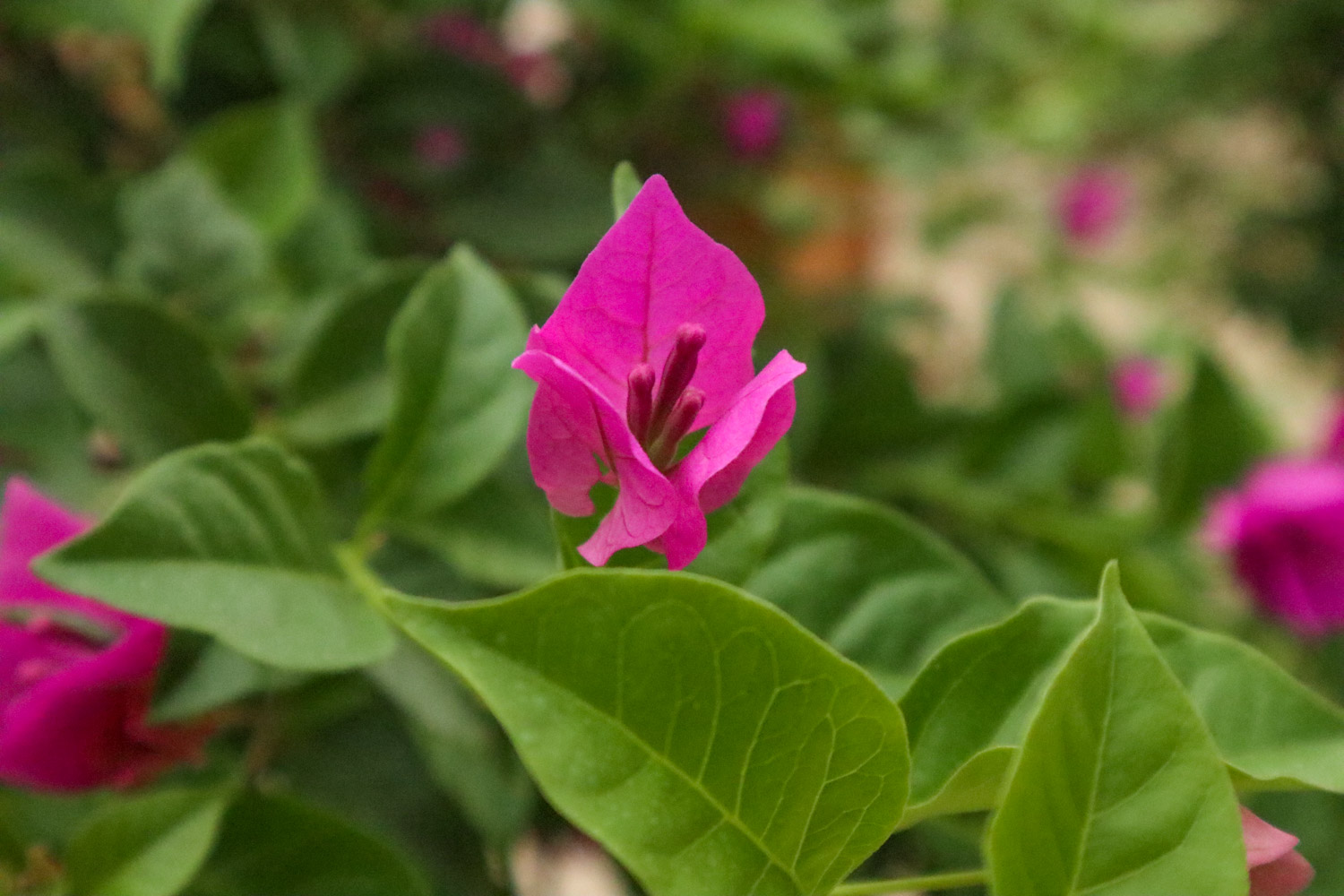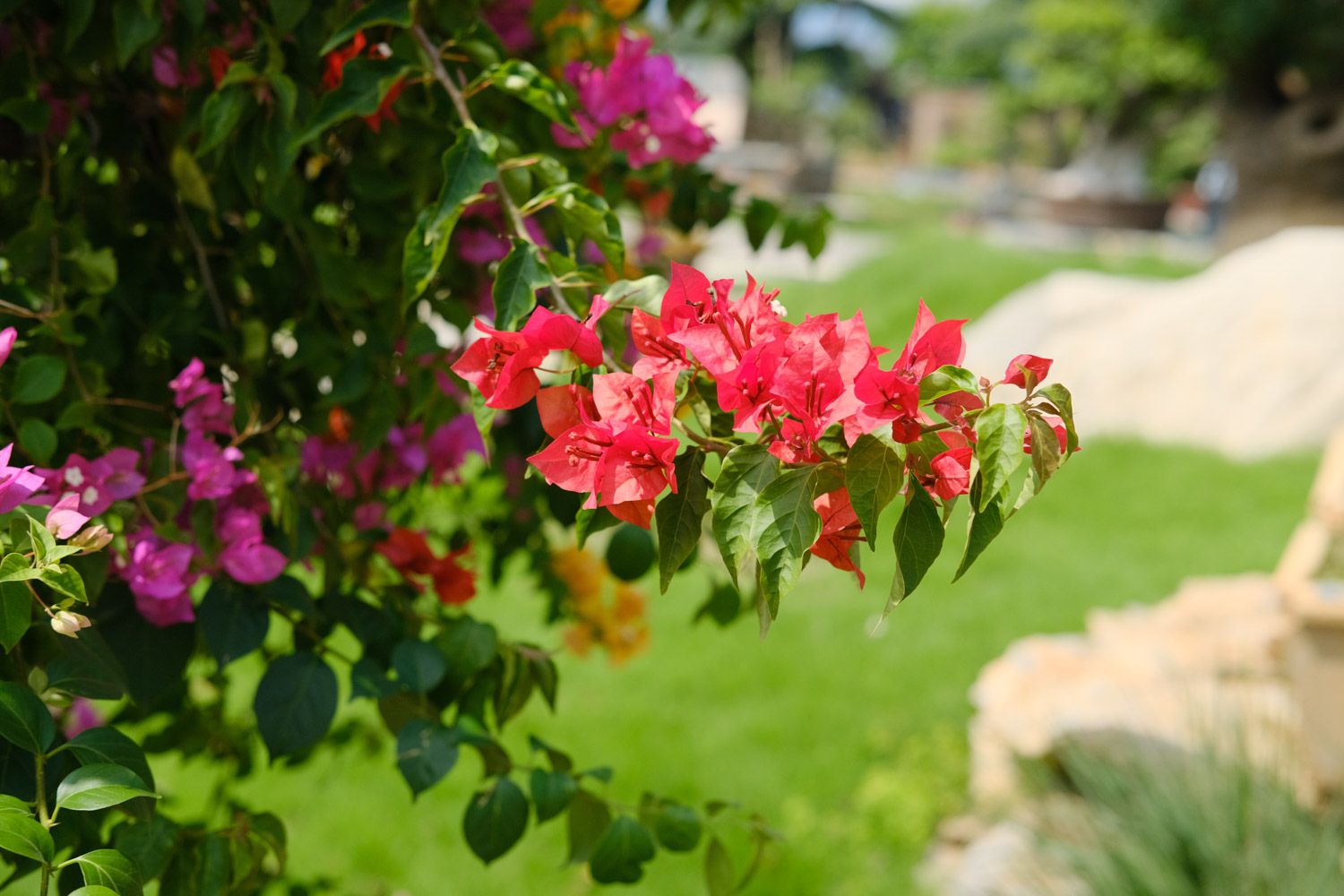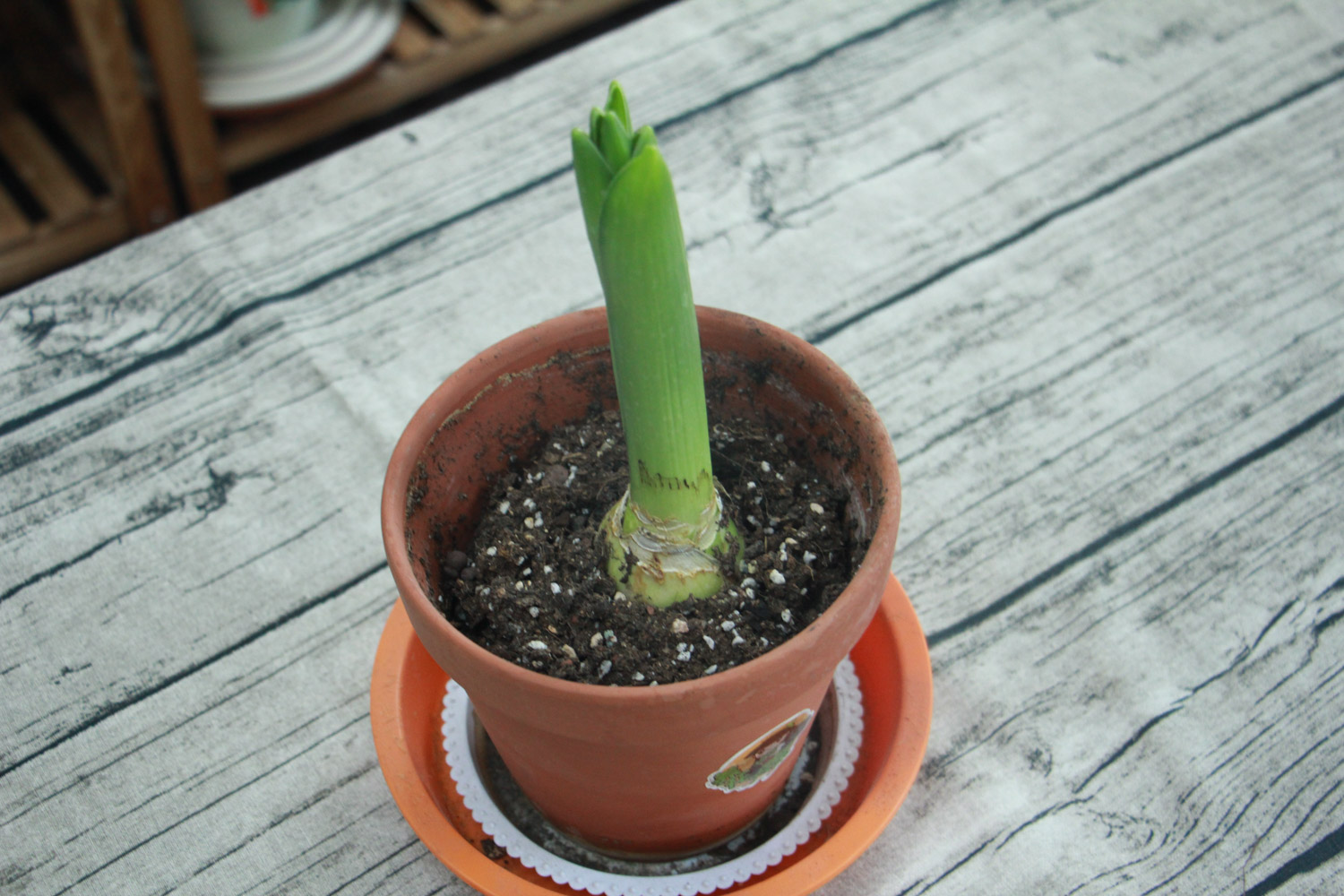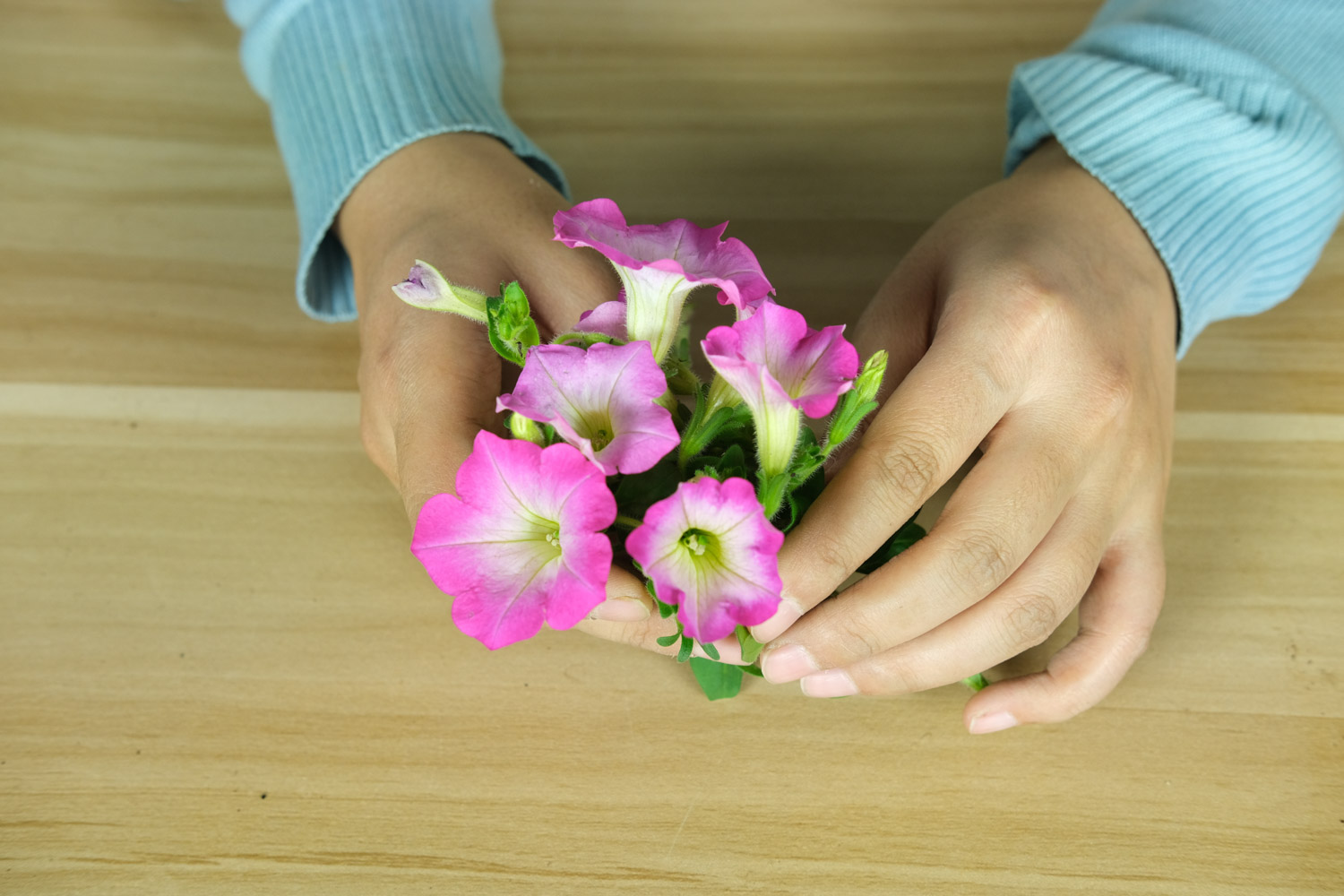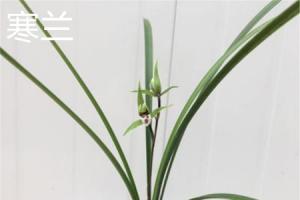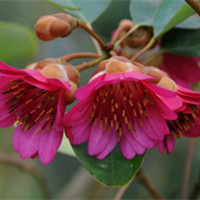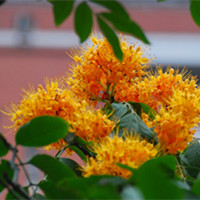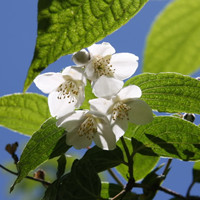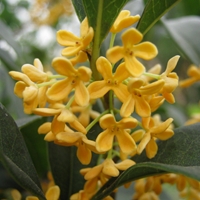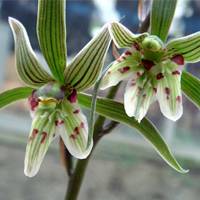Morphological characteristics of Hanlan
Magnolia is a terrestrial plant; Pseudobulb ovoid. It is about 2-4 cm long and 1-1.5 cm wide, mostly contained in the leaf base
There are 3-5 or 7 leaves in band shape, thin leathery, dark green, slightly shiny, with a length of 40-70cm and a width of 9-17mm. There are often fine teeth on the front edge, and the joints are located at the base of about 4-5cm
Scape from pseudobulb base, about 25-80 cm long, erect. Racemes sparsely 5-12; The bracts are narrow lanceolate, the lowest part is 4 cm long, the relative length of the middle and upper part is relatively short, nearly equal to the pedicel and ovary; About 2-2.5 cm long; Often light yellow green or light yellow lip petals, will also have other colors, with strong aroma; Pistil column 1-1.7 cm long, slightly curved forward, with narrow wings on both sides; There are 4 pollen clusters, forming 2 pairs, wide ovate
The frontal flowering period of Hanlan varies from region to region. It is usually divided into spring Hanlan, summer Hanlan and autumn Hanlan
Growth habits of Magnolia
Magnolia grows in forests, valleys or slightly shaded, moist and rocky soil, with an altitude of 400-2400 meters
Magnolia is suitable for planting in an airy environment. Like cold and cloudy, avoid direct sunlight, like wet, not too dry. It is most suitable for growth in an environment of 15 ℃ - 30 ℃. Above 35 ℃, it becomes poor growth. The severe cold below 5 ℃ will seriously affect its growth ability. At this time, Hanlan is often in a dormant state
Hanlan is a fleshy root. It is suitable to use sandy loam rich in humus. The drainage performance must be good. It should choose rotten leaf soil or mountain soil with more humus
Flower language of Hanlan
Flower language: quiet and elegant
Magnolia is a genus of Orchidaceae. Slender plant type, elegant and handsome leaves, with gorgeous and changeable colors and mellow and long-lasting fragrance. It can integrate the beauty of a variety of orchids and condense the aura and unity of all things. Most of them are advocates from Japan and South Korea

